This shifts the mindset from growth to building trust, from material targets to human happiness. The draft clearly states "prosperity, civilization, and happiness" right in the opening theme, affirming that the measure of governance is the satisfaction of the people.
From material indicators to institutions of happiness
This is the first time in the history of the National Congress that the word "happiness" has been placed at the center of the national development philosophy. "Happiness" is established as a benchmark value of modern public governance at the national level – where the country's progress is measured not only by growth, but also by the people's sense of security, fairness, and trust.

The smiles of women in the highlands of Nghe An province. Photo: Le Anh Dung
This way of thinking reflects a new development in the Party's vision of people and development institutions: development is not only about creating wealth, but about ensuring that each citizen feels protected, respected, and given opportunities. "Happiness," therefore, is no longer an emotional concept, but a political and ethical category, directly linked to the state's responsibility in creating a safe, humane, and sustainable living environment.
If "prosperity" symbolizes material power, and "civilization" represents intellectual and cultural attainment, then "happiness" is the foundation of human values – beliefs and morality – that gives the other two pillars deeper and more lasting meaning. Placing "happiness" at the center of the XIV Congress's theme is therefore not merely a subtle expression, but a definitive affirmation that development for the benefit of humanity is the essence of all progressive institutions.
From the economics of happiness to institutions of belief
As economics moved beyond the confines of numbers, it became clear that happiness—not just income—was the ultimate measure of development.
Since the 1970s, Richard Easterlin discovered the "paradox of happiness": as income increases, people are not necessarily happier if society is unequal and community trust declines. Around the same time, Amartya Sen – who later won the Nobel Prize in Economics in 1998 – initiated the "capability approach," arguing that a happy society is not one where people are the wealthiest, but one where they have the ability and opportunity to do what they consider meaningful.

Portrait of a child from the highlands of Tuyen Quang province. Photo: Le Anh Dung
At the beginning of the 21st century, Daniel Kahneman – Nobel laureate in Economics in 2002 – further demonstrated that "happiness" has two different levels: experiential happiness, which is the emotion experienced in the present moment, and evaluative happiness, which is the satisfaction felt when looking back on one's own life. He pointed out that income can improve satisfaction levels, but it does not guarantee peace of mind or reduced anxiety in daily life.
Happiness, therefore, is not the result of growth, but the product of freedom and dignity, guaranteed by a humane and just institution. These ideas converge at one point: a good institution is not just one that governs effectively, but one that inspires trust in its people. Trust – when reinforced by the rule of law, transparency, and fairness – becomes “social capital” that fosters creativity, innovation, and lasting consensus.
Economist Joel Mokyr – a recipient of the 2025 Nobel Prize in Economics – asserts that innovation is only sustainable in a society that is “open to new ideas and allows for change.” He calls this a “culture of hope and experimentation,” where people dare to innovate because they believe tomorrow will be better than today. Happiness, in this sense, is not only the goal of development, but also the spiritual energy of the institution.
When happiness is quantified, monitored, and held politically accountable.
Based on that theoretical foundation, Vietnam has recently begun a strong shift in its approach to the concept of "development for human happiness." Several pioneering localities have experimented with measuring and integrating happiness indices into socio-economic development plans and strategies, demonstrating a new vision in public administration.

The natural beauty of Cao Bang evokes a feeling of happiness in the heart.
Yen Bai is an early example, having conducted a province-wide survey on people's satisfaction and happiness. The results not only helped the government clearly identify "bright spots" and "bottlenecks" in social life, but also fostered a new governance culture: every policy decision aimed at improving people's satisfaction.
Hanoi has also officially incorporated "happiness" into its urban development plan for the 2025-2030 period, with a vision to build a capital city that is "cultured, civilized, modern, and happy." This clearly demonstrates the awareness that urban development is not just about expanding physical space, but about creating a humane and sustainable living environment where people can live with confidence and creative freedom.
Notably, Cao Bang – the first province to hold a provincial-level Party Congress this term – has gone a step further: incorporating the "Cao Bang Happiness Index" (CB-HPI) into the Resolution of the Party Congress for the 2025-2030 term. The specific goal is to have over 90% of communes achieve a CB-HPI score of 90 or higher by 2030. This represents an institutional breakthrough – where happiness is not merely expressed in discourse, but is quantified, monitored, and held politically accountable.
According to the work "Building a Happy Cao Bang - A Development Path for People" by Dr. Quan Minh Cuong, the province not only "mentions happiness," but identifies it as the core value system of the entire development model: taking happiness as the goal, using culture as the competitive identity, using local internal strength as the foundation, and using human dignity as the ultimate reason for all actions of the government.
From Happiness to Institutional Capacity – Recommendations for the Document of the 14th Party Congress
Placing "happiness" alongside "prosperity" and "civilization" in the Draft Document of the 14th National Congress is not merely symbolic, but suggests a new category of governance for Vietnam's socialist rule of law state: governance based on the trust and satisfaction of the people. A happy country is not just one where people have enough to eat and wear, but one where they are trusted, listened to, and inspired to build the future together.
In that sense, "happiness" is no longer a reward for development, but a measure of institutional capacity – the capacity to identify and respond to the deepest human needs: safety, dignity, and trust. A strong institution is not built on commands, but on the voluntary trust placed in it by the people; and that trust is only sustainable when the government is sufficiently transparent, fair, and empathetic.
Drawing from local experiences in provinces such as Yen Bai, Hanoi, and especially Cao Bang – where the "Happiness Index" has been officially included in the Party Congress Resolution – a specific approach for the national level can be derived. It is proposed that the Draft Document of the 14th National Congress consider adding a direction for building and piloting the Vietnam Happiness Index (VHI), assigning the Government to lead the implementation in collaboration with several localities during the 2025-2030 period, as a basis for institutionalization in the next term.
Strategically, it is necessary to identify "happiness" as the core value of Vietnam's new development model – manifested at three levels: political, socio-economic, and cultural-ethical. Happiness, therefore, is not only a goal, but also a development method and a guiding principle for action of a people-serving state – where all policies are geared towards people and everyone feels they are part of the country's future.
Vietnamnet.vn
Source: https://vietnamnet.vn/hanh-phuc-mach-nguon-hy-vong-trong-the-che-doi-moi-2454067.html



![[Image] Close-up of the newly discovered "sacred road" at My Son Sanctuary](/_next/image?url=https%3A%2F%2Fvphoto.vietnam.vn%2Fthumb%2F1200x675%2Fvietnam%2Fresource%2FIMAGE%2F2025%2F12%2F13%2F1765587881240_ndo_br_ms5-jpg.webp&w=3840&q=75)







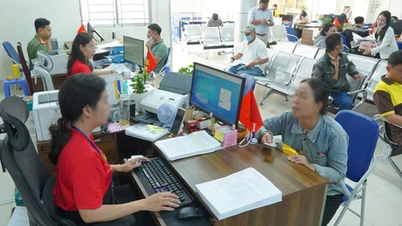

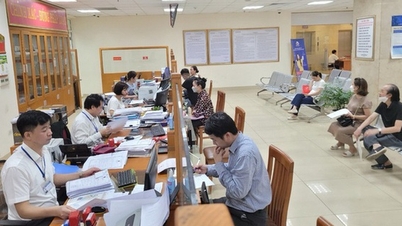




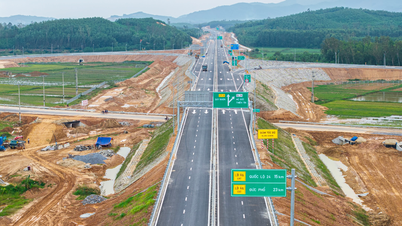







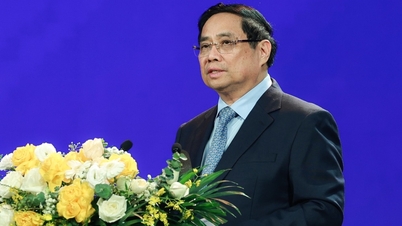

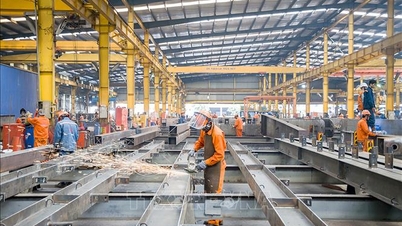




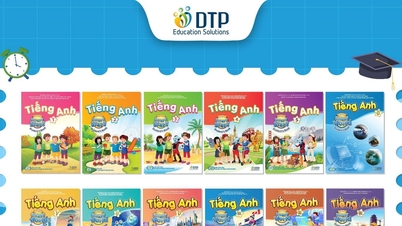

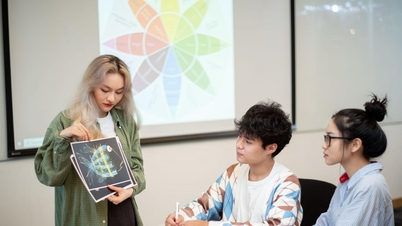
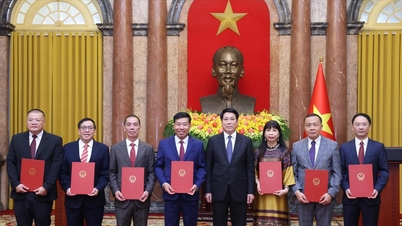
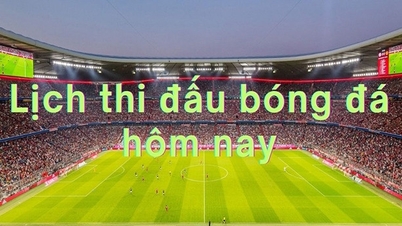

























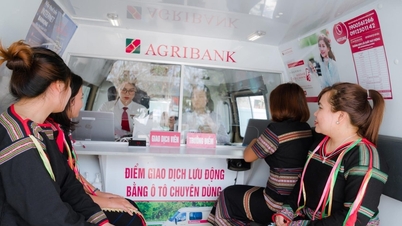

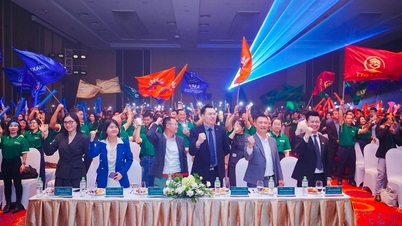

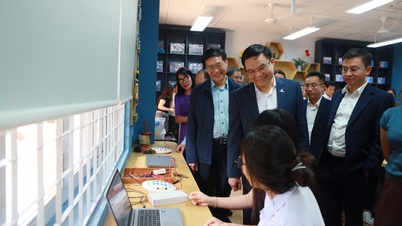

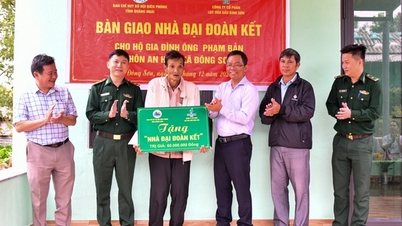








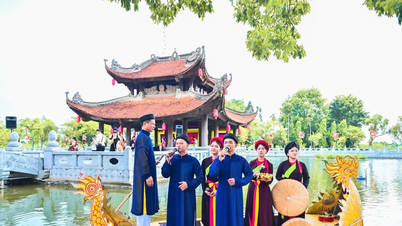










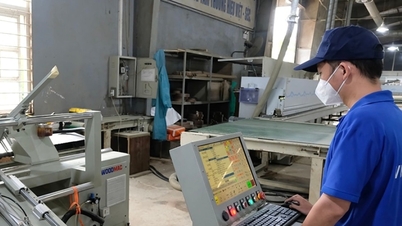

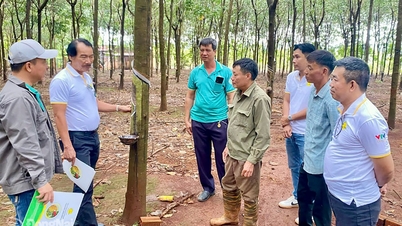



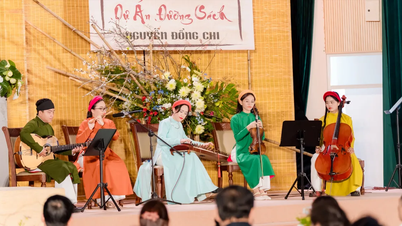
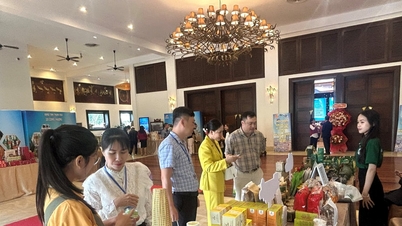














Comment (0)